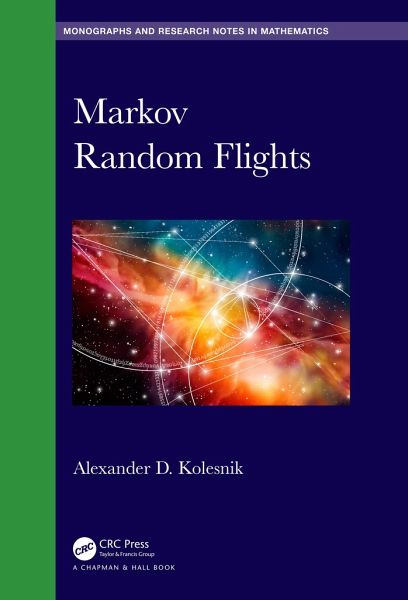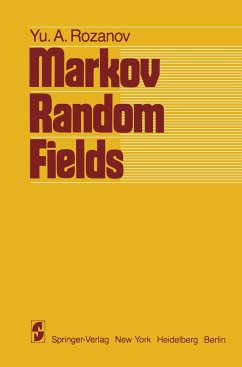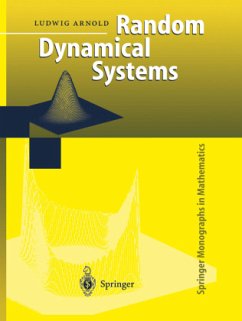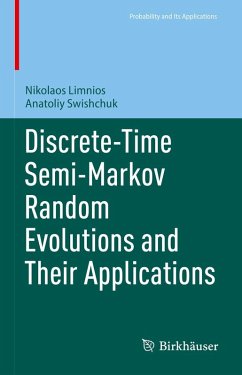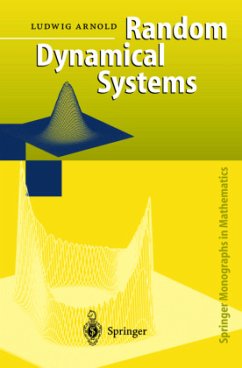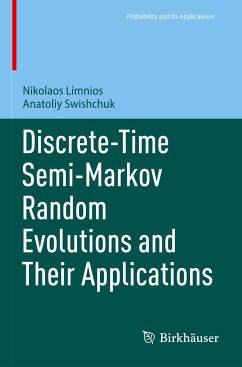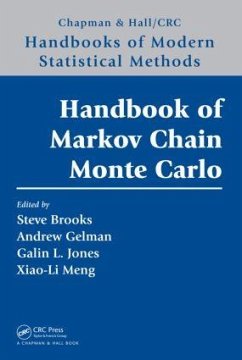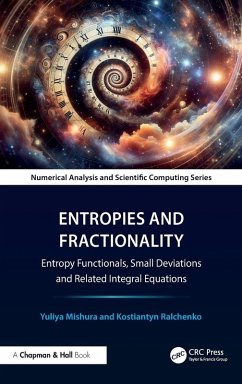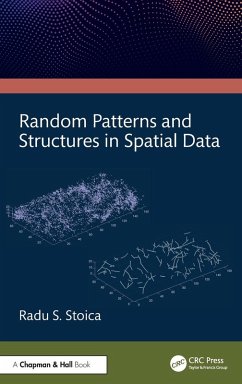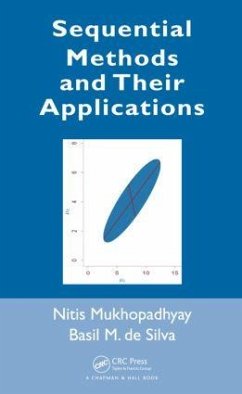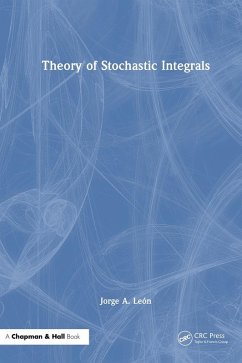Alexander D. Kolesnik is the Professor, Head of laboratory (2015 - 2019), and Principal Researcher (since 2020) at the Institute of Mathematics and Computer Science, Kishinev (Chi¿in¿u), Moldova. He graduated from Moldova State University in 1980 and received PhD from the Institute of Mathematics of the National Academy of Sciences of Ukraine, Kiev, Ukraine in 1991 and PhD Habilitation in mathematics and physics with the specialization in stochastic processes, probability and statistics conferred by the Specialized Council at the Institute of Mathematics of the National Academy of Sciences of Ukraine and confirmed by the Supreme Attestation Commission of Ukraine in 2010. His research interests include probability and statistics, stochastic processes, random evolutions, stochastic dynamic systems, random flights, diffusion processes, transport processes, random walks, stochastic processes in random environments, partial differential equations in stochastic models, statistical physics, wave processes. Dr Kolesnik has published more than 70 scientific publications, including those published in high-standard international journals and a monograph. He has also acted as external referee for many outstanding international journals in mathematics and physics. He was the visiting professor and scholarship holder in the universities in Italy and Germany and member of the Board of Global Advisors of the International Federation of Nonlinear Analysts (IFNA), U.S.A.
